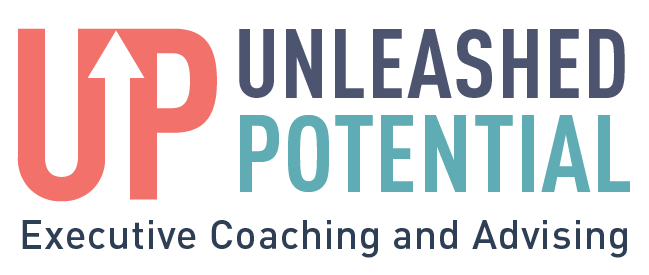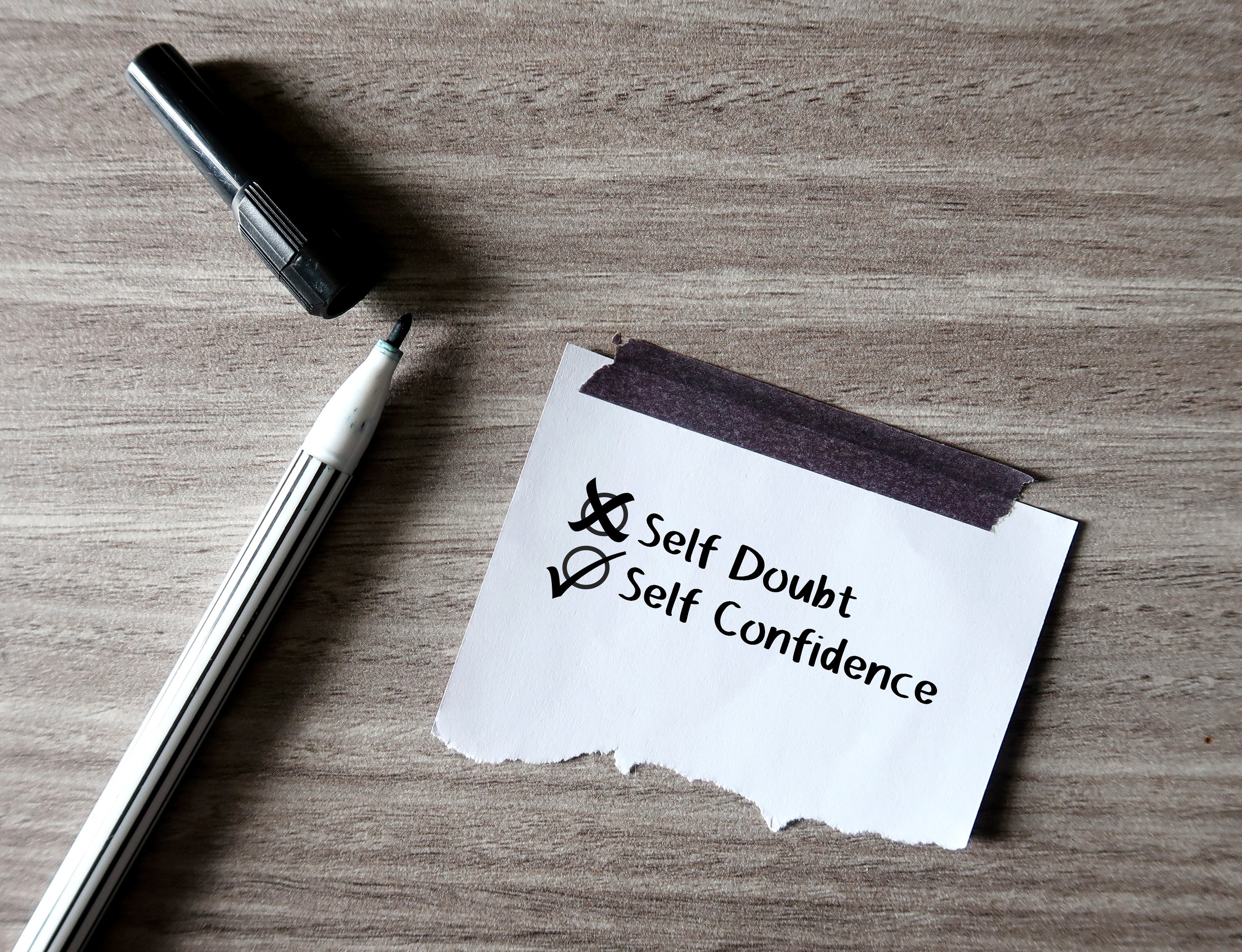I was the Imposter
I will never forget the chilly fall day a number of years ago. I was in a meeting in the Pacific Northwest with a client all of you would know. I was in a new consulting firm after having left a comfortable leadership position to take a stretch role that I very much wanted. After 7 months and 17 interviews (yes, I had kept tickers to keep track), I had made the leap. I was feeling pretty good about myself.
I had learned about this meeting about 12 hours earlier and had hopped a cross-country flight to be there so had a limited role as part of my onboarding process. During our morning session, we took a 5-minute break in which I ran to the facilities. As I checked my hair in the mirror to ensure my appearance was up to standard, another consultant came barreling out of the bathroom stall and announced, “You have a terrible case of Imposter Syndrome.”
I looked around to try to understand to whom she was speaking. It took me a minute to realize it was me. The wind was knocked out of me. I do not remember my response to her comment nor anything else she said. If it had been a TV show, you would have seen the camera suddenly narrow on my panicked face in the mirror, while everything around me went dark. While I am sure her comment came from a good place, it sent me into a tailspin. It also sent me on a journey of self-discovery for which I will forever be grateful. I was left answering two powerful questions:
What is imposter syndrome? And, how did it show up 2-hours into a meeting where I had a very limited speaking role?
If I believed I had it, what should I do about it?
On my journey of self-discovery, I learned some hard truths about myself that I won’t have time to go into here, but I will share some of my key takeways:
What is Imposter Syndrome?
According to research published by Joe Langford and Pauline Rose Clance in Psychotherapy, Imposter Syndrome, “is a psychological occurrence in which people doubt their skills, talents, or accomplishments and have a persistent internalized fear of being exposed as frauds. Despite external evidence of their competence, those experiencing this phenomenon do not believe they deserve their success or luck.”
Have you ever been there?
Statistics would say you have been there. In fact, a study published by Harvard Business Review in the article, “You’re Not an Imposter. You’re Actually Pretty Amazing” found that 70% of people will struggle with it at one point or another in their lifetime. Even more interesting, another study published in Harvard Business Review, appropriately titled, “What CEOs Are Afraid Of” found that the single biggest fear of CEOs, “is being found to be incompetent, also known as the ‘imposter syndrome.’ This fear diminishes their confidence and undermines relationships with other executives.”
Well, at least I have a great deal of highly qualified fellow travelers on this journey with me.
What can you do about Imposter Syndrome?
Today, as an executive coach, approximately two-thirds of the executives I coach at some point or another indicate they are struggling with self-confidence. Often, imposter syndrome accompanies taking on a new role or new challenge at work. Below are some tips I have learned to help combat Imposter Syndrome:
Remember this mantra, “I am not an imposter. I am just a beginner.” I was recently listening to a powerful podcast by Mel Robbins where she interviewed her 23-year-old daughter, Kendall Robbins, who is trying to break into the music industry. There are many powerful insights in this podcast, so if you have 45-minutes I highly suggest you listen, but the one that really struck me is the epiphany her daughter had that everyone does something for the first time. She found freedom when she realized, “I am not an imposter. I am just a beginner.”
Turn on your Moxie: In his Harvard Business Review article, “You’re Not Powerless in the Face of Imposter Syndrome,” focusing on Imposter Syndrome in underrepresented populations, Keith Dorsey defined Moxie as, “an intensity of motivation […] related to (but distinct from) traits such as grit, self-control, and the ability to overcome procrastination.” He summarizes Moxie as a “refuse to lose mentality.” The reality is that we can sit in a comfortable role our entire lives and, if we choose to do that, we have a much lower likelihood that we will suffer from imposter syndrome. But, if we take chances, we will have to make a choice about whether or not we will persevere in the face of adversity. We can choose to reach deep inside to overcome those obstacles.
Understand the power of perspective: Remember my 7 months and 17 interviews to achieve the role that I had just entered right before the infamous bathroom incident I highlighted above? I had clearly been vetted for the role and deserved my seat at the proverbial table. I later found out that I had fewer interviews than many of the people with whom I worked. In Mel Robbins Podcast she encourages listeners to, “Have faith there is a reason you are in the room.” Simon Sinek has a wonderfully succinct 1-minute video on imposter syndrome that crisply summarizes this topic. He says, “I remind myself I have something of value, and I am here to give it away.”
Let yourself make mistakes and learn: Perfection is the enemy of innovation. When you take on a stretch assignment or challenge yourself to take on a new role, you are going to make mistakes. You will need to foster a culture of learning for yourself. Asking questions will also send a message to the people who work with you and for you that will encourage them to learn and grow alongside you. This will help keep your learnings in perspective.
Most important, don’t forget to celebrate wins: Change is hard; so hard, in fact, that many people, would rather remain stagnant than change. It is courageous to embrace change, and it is important to pause to celebrate wins, even small ones. In John Kotter’s Change Model he highlights the importance of “Generating Short-Terms Wins” to driving successful change. This isn’t just important for large organizations; this is important for individuals so that we recognize and celebrate progress toward desired outcomes.
In the end, imposter syndrome may, in fact, be a sign of a leader being courageous enough to take a chance on making a change that takes them into new, unmarked territory. If you are looking for someone to come alongside you in your journey as a leader, please reach out.


